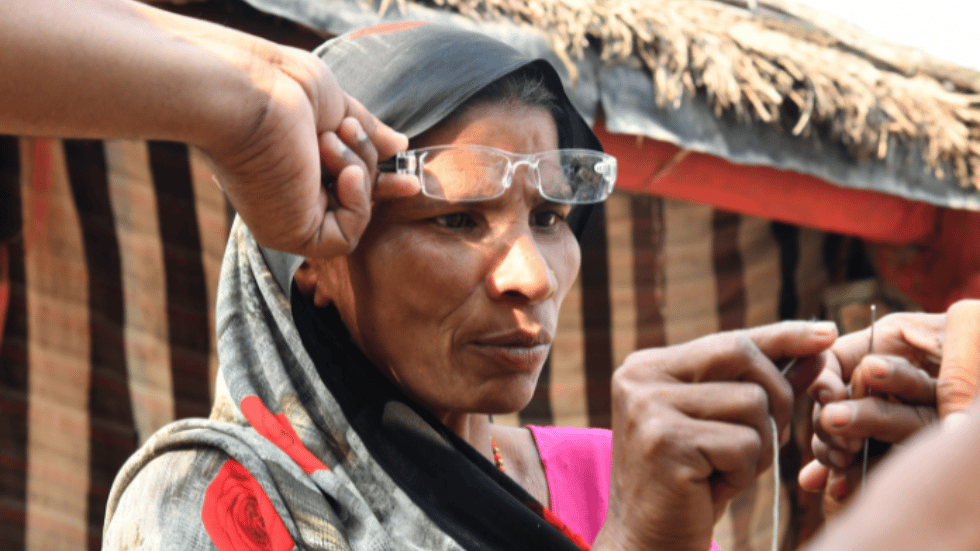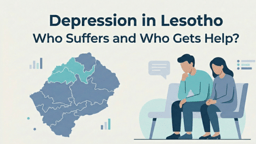How affordable reading glasses could save the global economy billions
Published in Biomedical Research and Public Health
Explore the Research

 ICEH
ICEH
The EARN Trial - ICEH
Research and education to improve eye health and eliminate avoidable visual impairment and blindness, with a focus on low income populations.
800 million untreated
From around the age of 40, many of us will start to be less able to see near objects easily, a condition known as presbyopia. The condition is caused by a changing in the flexibility of the eye’s lens, a normal part of aging. In most high-income areas it is easily addressed with reading glasses.
Globally however, an estimated 800 million people need these glasses but do not have them. Without them, people can often struggle to work, care for their families and enjoy life. Previous studies have shown that sight loss can contribute to reductions in quality of life, productivity, and even increase the risk of dying.
A 2015 estimate put the global productivity loss due to presbyopia at $25bn, which has likely only increased.
To address this, we need evidence that can demonstrate the economic benefit of reading glasses, so that policymakers can find ways to provide them for those in need.

The study
A new trial by the International Centre for Eye Health (ICEH) at the London School of Hygiene & Tropical Medicine will provide reading glasses to 20,000 people in Kenya and India, assessing the effect on their lives through economic and quality of life factors before and after being provided with glasses.
Adults 35-65 will either be given glasses at the start of the study or be assigned to a control arm where they only receive them at the end of the two-year follow-up period.
We’ll collect data at baseline, one, and two years to assess the impact of the glasses on those who were and were not given them, through household consumption (how much people have spent on goods like food), quality of life, and other factors like employment, productivity and income.
It’s hoped that the results will provide evidence that supplying people with near-vision glasses is a cost-effective mechanism for development, improving lives and livelihoods for individuals, families and communities.
Long term, this could potentially lead to more funding for the provision of reading glasses, using eye health to unlock progress in low and middle-income countries globally.
More information on the project and an infographic about the trial can be found here.
Our partners for the project are Dr Shroff’s Charity Eye Hospital in India, and Kenya Medical Research Institute in Kenya, who are both long-term collaborators with ICEH. The project is funded by GiveWell, Founders Pledge and the Livelihood Impact Fund.
ISRCTN Registration - India Trial; Kenya Trial
Follow the Topic
-
ISRCTN: The UK’s Clinical Study Registry

A primary clinical trial registry recognised by WHO and ICMJE that accepts studies involving human subjects or populations with outcome measures assessing effects on human health and well-being, including studies in healthcare, social care, education, workplace safety and economic development.



Please sign in or register for FREE
If you are a registered user on Research Communities by Springer Nature, please sign in